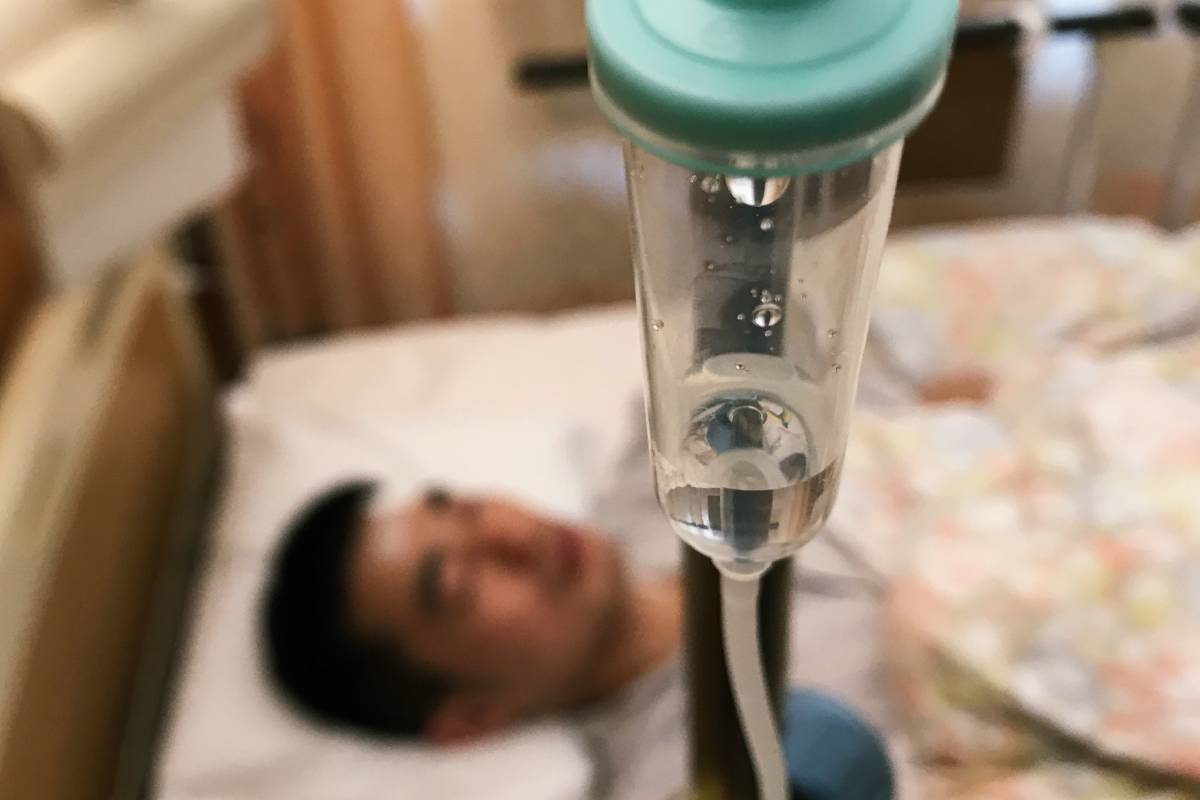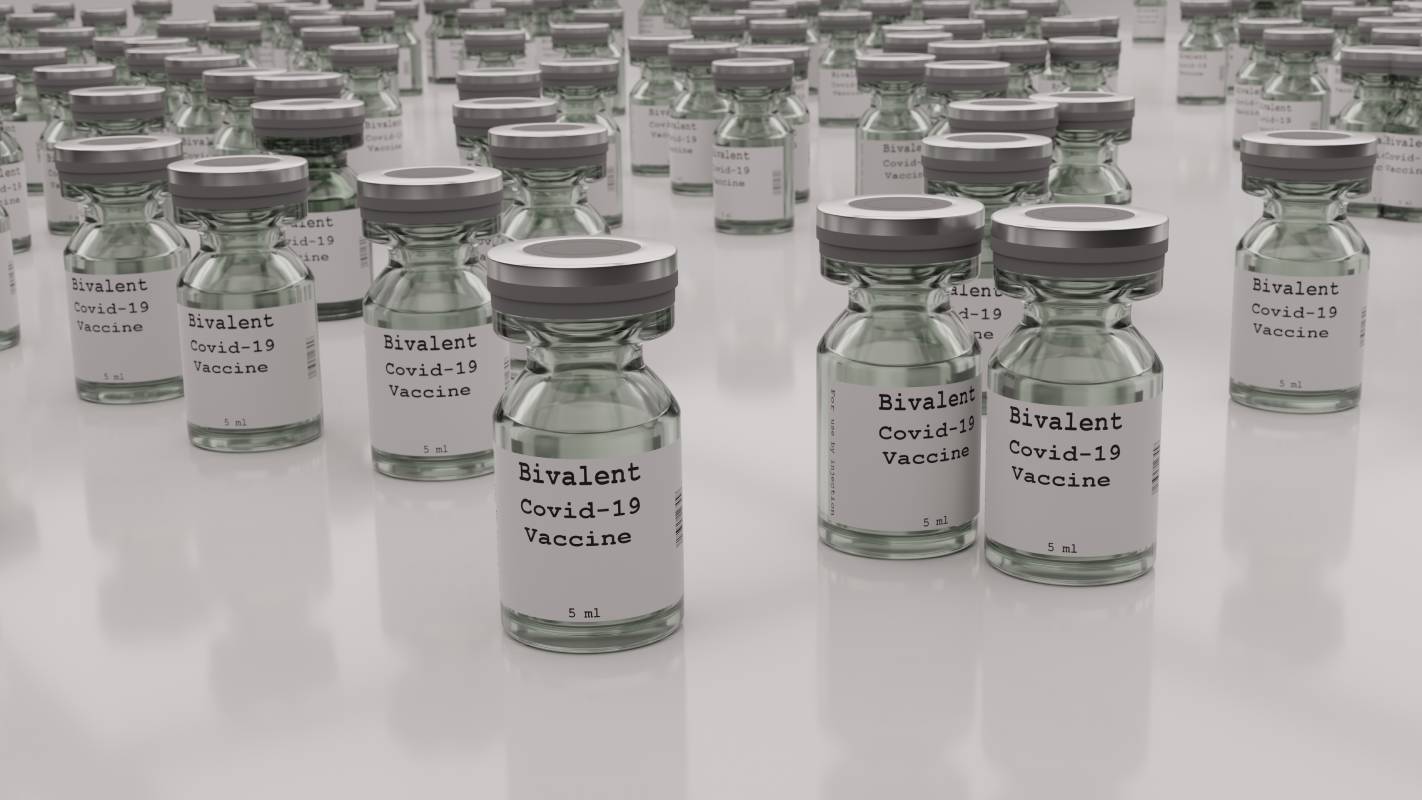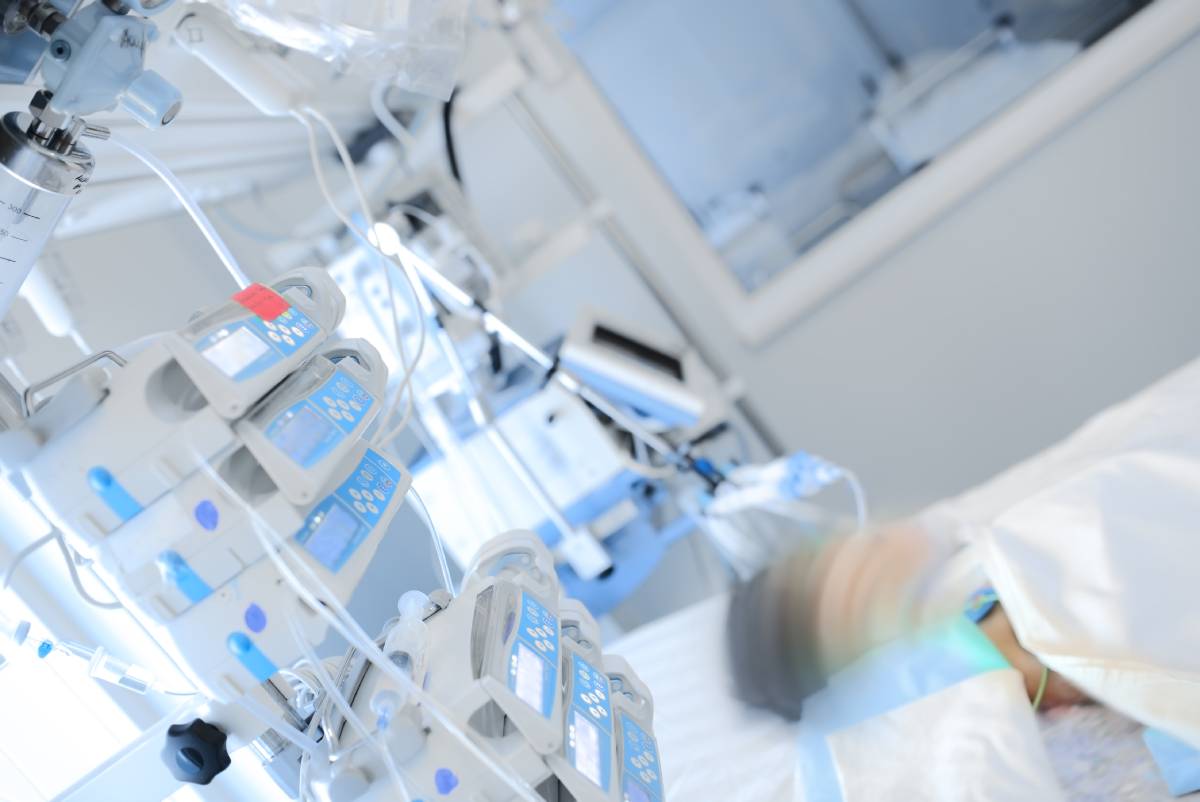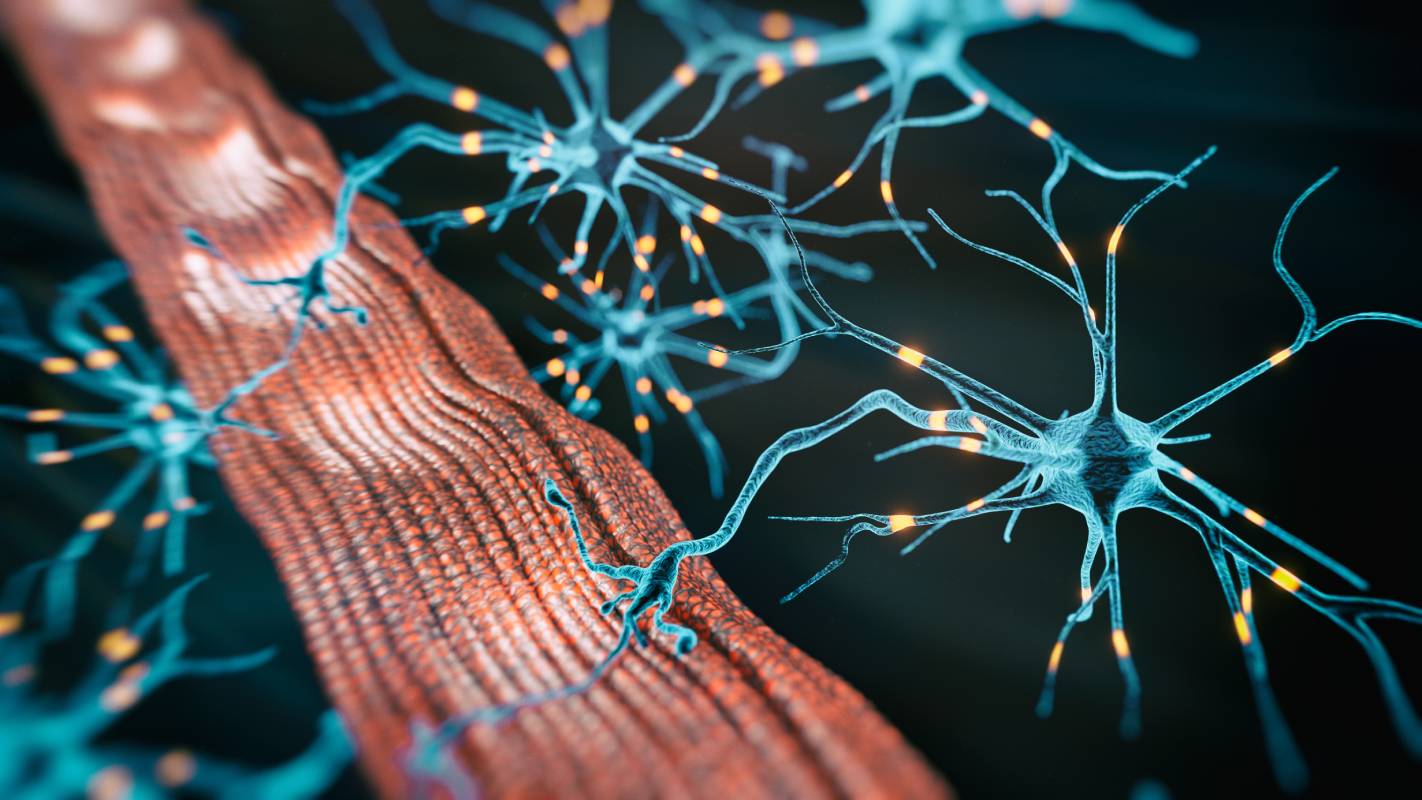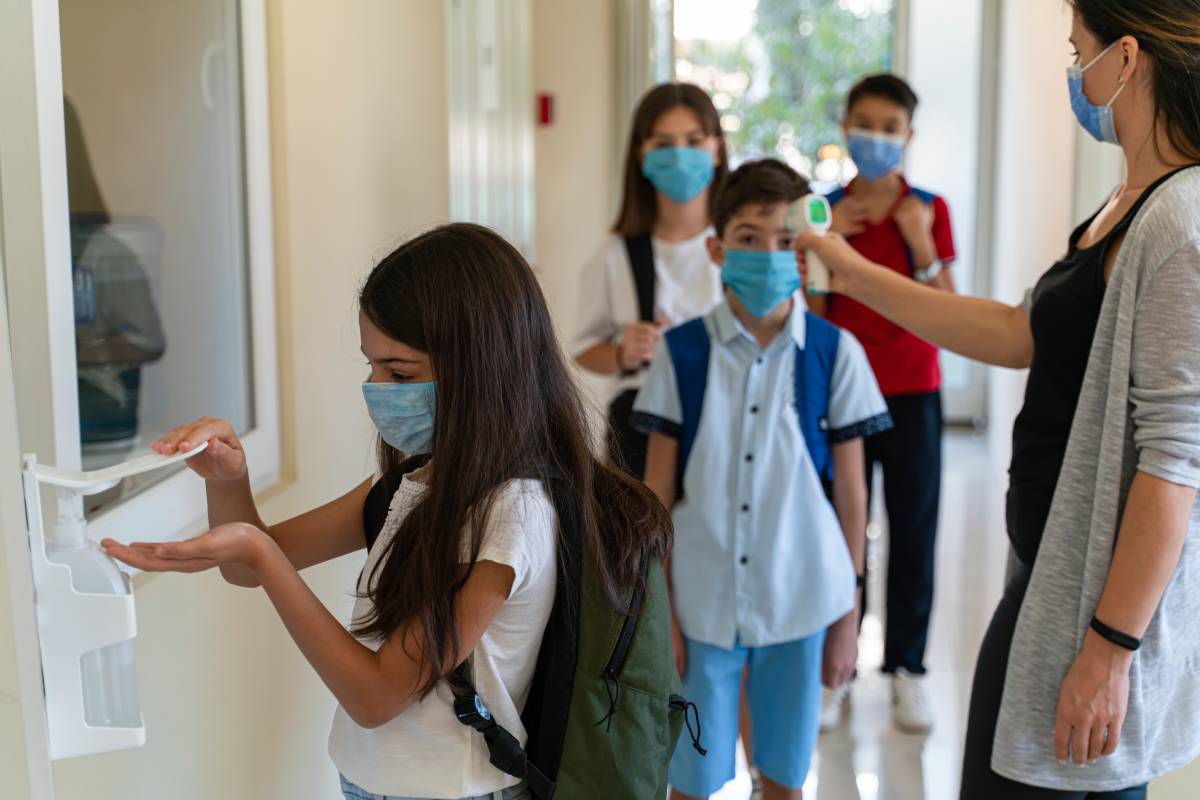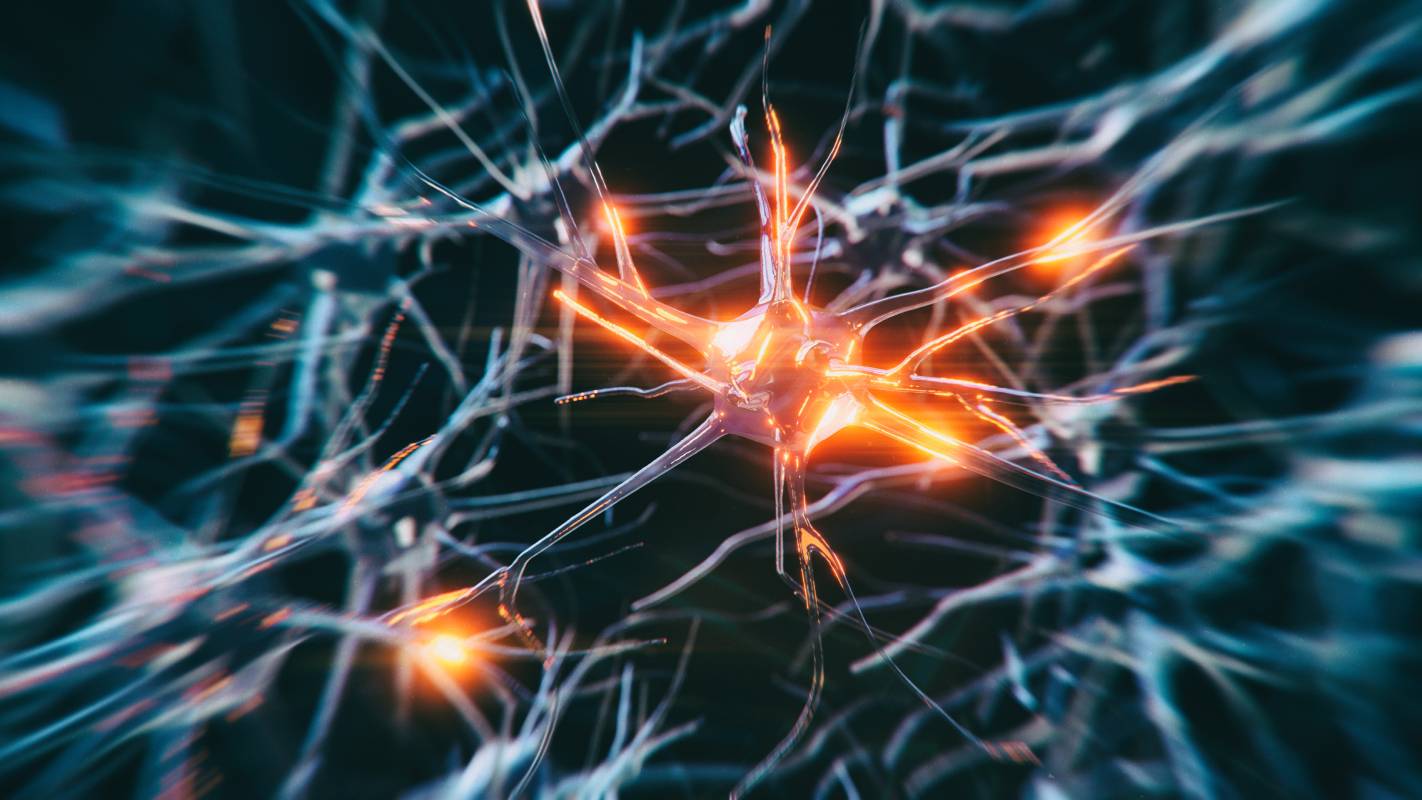Sedation depresses patients’ awareness of the environment and reduces their responsiveness to stimulation from the outside world [1]. As a result, sedation is a beneficial tool during surgical operations and for the treatment of critically ill patients in the intensive care unit (ICU). However, this state carries risks that justify minimizing the duration of sedation… Continue reading Safe Duration of Sedation
New shots targeting the latest version of the Omicron variant have recently been developed and are now publicly available. The Centers for Disease Control and Prevention (CDC) has approved of new versions of the Moderna and Pfizer-BioNTech COVID-19 vaccines following their authorization by the Food and Drug Administration (FDA) 1. What is important to know about the new COVID-19 shot? These COVID-19… Continue reading What To Know About The New COVID-19 Shot
Mechanical ventilation involves the use of a machine to assist and support patient respiration, either partially or completely. Though invasive and often uncomfortable, mechanical ventilation may be necessary for patients in a severely compromised respiratory state. A number of conditions can lead to hypoxemia, including acute respiratory distress, bradypnea or apnea with respiratory arrest, lung… Continue reading Neuromuscular Blockade During Mechanical Ventilation
Perioperative allergic reactions are rare but potentially lethal responses to drugs administered before, during, or after a surgical procedure. The incidence of hypersensitivity reactions due to anesthetic agents is difficult to determine because they occur in a context in which a multitude of drugs are administered in a short period of time; furthermore, a patient,… Continue reading Incidence of Perioperative and Anesthesia Allergies
Anesthesiologists must consider many additional factors when administering anesthesia to patients with neuromuscular disorders (NMD). For example, these patients are more likely to have cardiomyopathies or respiratory weaknesses; they also have a greater risk of increased sensitivity to sedatives; thus, vital signs and hemodynamic stability should be consistently monitored throughout the operative process [1]. Temperature… Continue reading Anesthesia and Neuromuscular Disorders 
In the United States, approximately 21 million adults suffer from depression every year (1). Characterized by a wide array of emotional, physical, and neurological symptoms — including persistent feelings of sadness, irritability, inability to concentrate, lack of appetite, fatigue, neurocognitive dysfunction, and chronic pain (2, 3) — depression is associated with disability, decreased quality of… Continue reading Depression and Postoperative Outcomes
It is well-documented that COVID-19-related mortality and morbidity has disproportionately affected elderly populations. However, despite being less studied, COVID-19 in young people can lead to severe symptoms or long-term effects. A recent report showed that children accounted for approximately 19 percent of confirmed COVID-19 infections, although this number is likely an underestimate due to asymptomatic… Continue reading COVID-19 in Young People: Current Data
Virtual reality (VR), the computer-generated creation of a complete immersive virtual environment, and augmented reality (AR), the computer-based augmentation of real-world scenes, have emerged in the last decade as leading technologies buoying many industries through different applications. VR and AR tools effectively help people train, solve problems, and carry out tasks in fully or semi-alternate… Continue reading Eye Health in the Context of VR/AR
Pain is an unpleasant sensory or emotional experience, but the ability to feel pain is an adaptive trait that can help organisms respond to threatening stimuli. There are objective, sensory aspects of pain (called nociception), as well as subjective, emotional and psychological elements of perceiving pain. Understanding both is key to defining pain physiology and… Continue reading Pain Physiology for Analgesia

